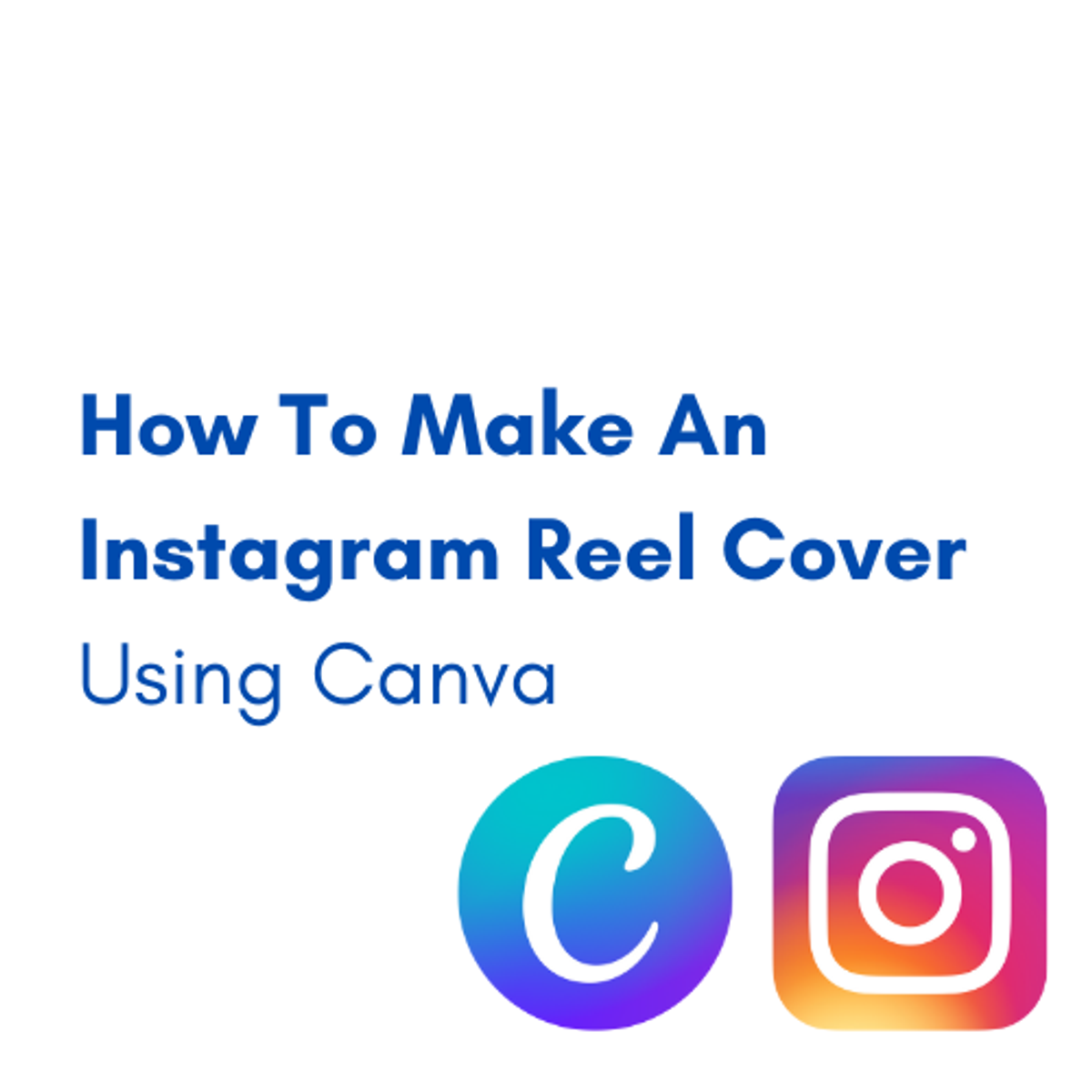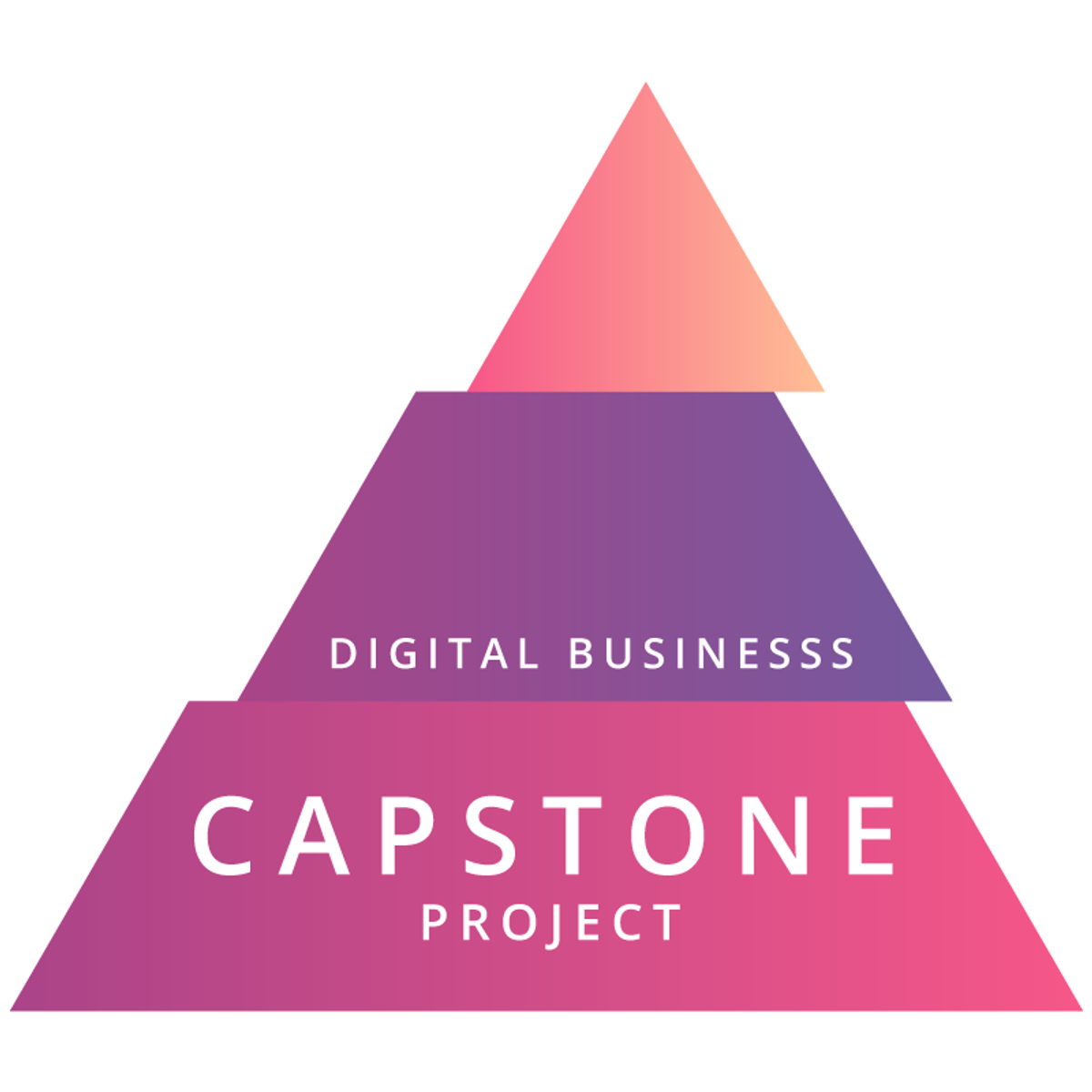Back to Courses









Entrepreneurship Courses - Page 11
Showing results 101-110 of 222

How To Make An Instagram Reel Cover Using Canva
With completion of this course, learners will know how to correctly size and design an aesthetic cover with text and images that can be seen and read from the accounts feed overview. Knowing how to create branded reel covers ties in the branding of your business to your Instagram feed and helps to create an overall feeling you are trying to create through your socials.

How to get more followers by creating a tweet
In this tutorial you will learn how to get more followers by creating a tweet.
Note: This tutorial works best for learners who are based in the North America region. We're currently working on providing the same experience in other regions.

New Venture Finance: Startup Funding for Entrepreneurs
This course is for aspiring or active entrepreneurs who wants to understand how to secure funding for their company. This course will demystify key financing concepts to give entrepreneurs and aspiring entrepreneurs a guide to secure funding.
Examine the many financing options available to get your new venture funded. Learn the basics of finance, valuations, dilution and non-dilutive funding sources. Understand capital structure for new ventures, term sheets and how to negotiate them, and the differences between early-stage versus later-stage financing. Develop an understanding of how to develop winning investor pitches, who and when to pitch, how to avoid common mistakes that limit the effectiveness of the pitch, and how to ‘get to the close’. Key questions answered within the course include:
* When to raise outside capital?
* What kind of investors invest by stage and where to find them?
* What are your fundraising options?
* What are the key components of the term sheet?
* How to perform company valuations?
* How to pitch to investors?
* What techniques help the entrepreneur ‘get to the close’?
With this course, students experience a sampling of the ideas and techniques explored in the University of Maryland's master's degree in technology entrepreneurship, an innovative 100% online program. Learn more at http://mte.umd.edu/landing.

Think Outside the Inbox: Email Marketing
Think Outside the Inbox: Email Marketing is the fourth of seven courses in the Google Digital Marketing & E-commerce Certificate. This course will explore how to execute a successful email marketing campaign. Email marketing is one of the oldest and most proven digital marketing channels, and it is an essential component of an overall digital marketing strategy. Email is a primary channel for many businesses in reaching existing customers, encouraging interaction with the business, driving purchases, and building loyalty. In this course, you’ll explore email marketing and cover topics like: creating an email marketing strategy, executing email campaigns, and measuring the results of those campaigns. You’ll also learn how to use mailing lists and utilize automation and workflows.
Google employees who currently work in the field will guide you, providing hands-on activities and examples that simulate common digital marketing and e-commerce tasks while showing you some of the best tools and resources used on the job.
Learners who complete the seven courses in this program will be equipped to apply for entry-level jobs in digital marketing and e-commerce. No previous experience is necessary.
By the end of this course, you will be able to do the following:
- Write effective preview text and subject lines using best practices
- Create email marketing automation and workflows
- Build and maintain email lists
- Write effective email copy
- Conduct contact management and list segmentation
- Employ best practices to handle personally identifiable information, or PII, and user data safely
- Measure and analyze email campaign results
Protecting Business Innovations via Strategy
Protecting Business Innovations Via Strategy
Watch Course Overview: https://youtu.be/mUja4iwbrTE
Strategy can be useful for protecting business innovation when no other form of protection exist (e.g. copyright, patent & trademark). Strategy can also compliment and strengthen other forms of innovation protection. Understanding how to use strategy to protect innovation and limitation of strategy as a form of protection will be useful for business managers. This course will cover strategies from tangible resources to intangible strategies business employ to be successful.
(1) Resource-based strategy (2) Move fast or get passed (3) e-commerce (4) Changing the rules
This course is one part of a four course series focusing on protection of business innovations using copyright, patent, trademark and strategy, and these four courses may be taken in any order that is most beneficial to students interested in learning about protecting innovation.
Other courses in the Protecting Business Innovations series:
1. Copyright: https://www.coursera.org/learn/protect-business-innovations-copyright
2. Trademark: https://www.coursera.org/learn/protect-business-innovations-trademark
3. Patent: https://www.coursera.org/learn/protect-business-innovations-patent
4. Strategy: https://www.coursera.org/learn/protect-business-innovations-strategy

English for Business and Entrepreneurship
Welcome to English for Business and Entrepreneurship, a course created by the University of Pennsylvania, and funded by the U.S. Department of State Bureau of Educational and Cultural Affairs, Office of English Language Programs.
To enroll in this course for free, click on “Enroll now” and then select "Full Course. No certificate."
This course is designed for non-native English speakers who are interested in learning more about the global business economy. In this course, you will learn about topics and language necessary to succeed in the international workplace. You will explore business English through authentic readings and video lectures, while learning about business vocabulary, concepts, and issues. Unit 1 will provide an introduction to entrepreneurship by examining ideas, products, and opportunities. In unit 2, you will learn about the basics of market research, including how to identify an opportunity. The next unit in the course will focus on business plans, why these plans are important, and will give you a chance to practice composing a business plan. In the final unit of the course, we will present basics for funding a business and will help you create a persuasive presentation, or pitch, based on a business plan.
Unless otherwise noted, all course materials are available for re-use, repurposing and free distribution under a Creative Commons 4.0 Attribution license.
Supplemental reading materials were provided by Newsela, which publishes daily news articles at a level that's just right for each English language learner.

Business Models for Innovative Care for Older People
Aging has been coined as one of the major societal challenges. The fact that we simply live longer, is in itself not a problem but rather a triumph. However, this unprecedented demographic change significantly affects individual life histories through an increased number of e.g. lifestyle related chronic diseases. These extra life years, also have a massive imprint on the organization of welfare institutions and the financial sustainability of the welfare system.
This course will introduce you to healthcare innovation within the field of healthy living and active aging. By following two specific cases on diabetes and rehabilitation, this interdisciplinary course will provide you with key theories, tools and concepts for analyzing and developing viable innovative solutions for aging populations. The lectures will cover demographic, biological, economic, social and cultural aspects of active aging and healthy living, along with lectures on current innovation theories and methods.
During the course you will meet leading researchers and experts from among others: University of Copenhagen, Copenhagen Business School, Steno Diabetes Center in Copenhagen and Erasmus University of Rotterdam.
They work with very different aspects of active aging and healthy living, from biomedicine to digital design, but what ties them together is the belief that an interdisciplinary approach to healthcare innovation will benefit the aging population.
The course is part of the EIT Health Campus programme https://www.eithealth.eu/campus.
We hope you will enjoy this course and equip yourself to take a more professional approach to healthcare innovation.

Digital Business - Capstone project
LVMH! Huawei! Energysquare! Three companies in very different industries: luxury goods, telecommunications, energy. Three companies with very different sizes, histories and DNA. And yet, they all share the same objective: to innovate and change, and so to remain or become leaders in their respective markets. The multiple questions that this raises for them warrant your close attention. In this capstone module, you will study each of these three companies and will in turn be an analyst, a consultant and a manager, depending on the assignment. You will use the knowledge acquired in the three MOOCs of this specialization to complete your assignments: analyse a digital business process, define and formulate a strategic shift, apply the principles of growth hacking, and more.

Innovative Finance: Hacking finance to change the world
To address global poverty - do we really not have enough resources or do we not have the right tools to allocate our resources?
The tools of finance, when applied correctly, can be an enabler of social and environmental outcomes. This course is designed to give you the ability to build innovative financing strategies that work towards outcomes such as financial inclusion, access to energy and access to education. The innovative finance process has five key components. It starts with identifying the outcomes you are looking to achieve and next moves on to due diligencing your issue area using techniques like design thinking to make sure you are designing with the end user. Next you must map all of the resources available for your outcome and then discover opportunities to augment these through business model innovation, multi-stakeholder partnerships and innovative financial structures. Finally, the last step is to put all of these pieces together to design an innovating financing strategy.
Each week dives into a component of the process using examples and real case studies from social entrepreneurs, non-profits, development funders, impact investors, governments, foundations and more. Over five weeks you’ll learn about new types of revenue creation, financing approaches, business models and partnerships. By the end of the course, you’ll have the ability to hack finance for social change.
Watch the course trailer https://www.youtube.com/watch?v=tSMUoCJgqkw

Innovation & Entrepreneurship - From Basics to Open Innovation
This Innovation and Entrepreneurship course focuses on the interconnection between entrepreneurial thinking and innovation. Specifically, we look at models used in Silicon Valley to grow both start-up companies as well as innovation inside large organizations.
Bringing together top Haas School of Business, UC Berkeley faculty, this course addresses critical areas for successful growth, including design thinking, open innovation, business models, product-market fit, and financing. This course will teach you how to think like an entrepreneur and provide you with the models, tools, and frameworks to further develop your business or idea. An emphasis will be placed on the IT space.
In this first part, From Basics to Open Innovation, the following areas are included: innovation and entrepreneurship basics; the Silicon Valley entrepreneurship model; the importance of failure; market analysis: how to engage with customers; and open innovation.
Popular Internships and Jobs by Categories
Find Jobs & Internships
Browse
© 2024 BoostGrad | All rights reserved